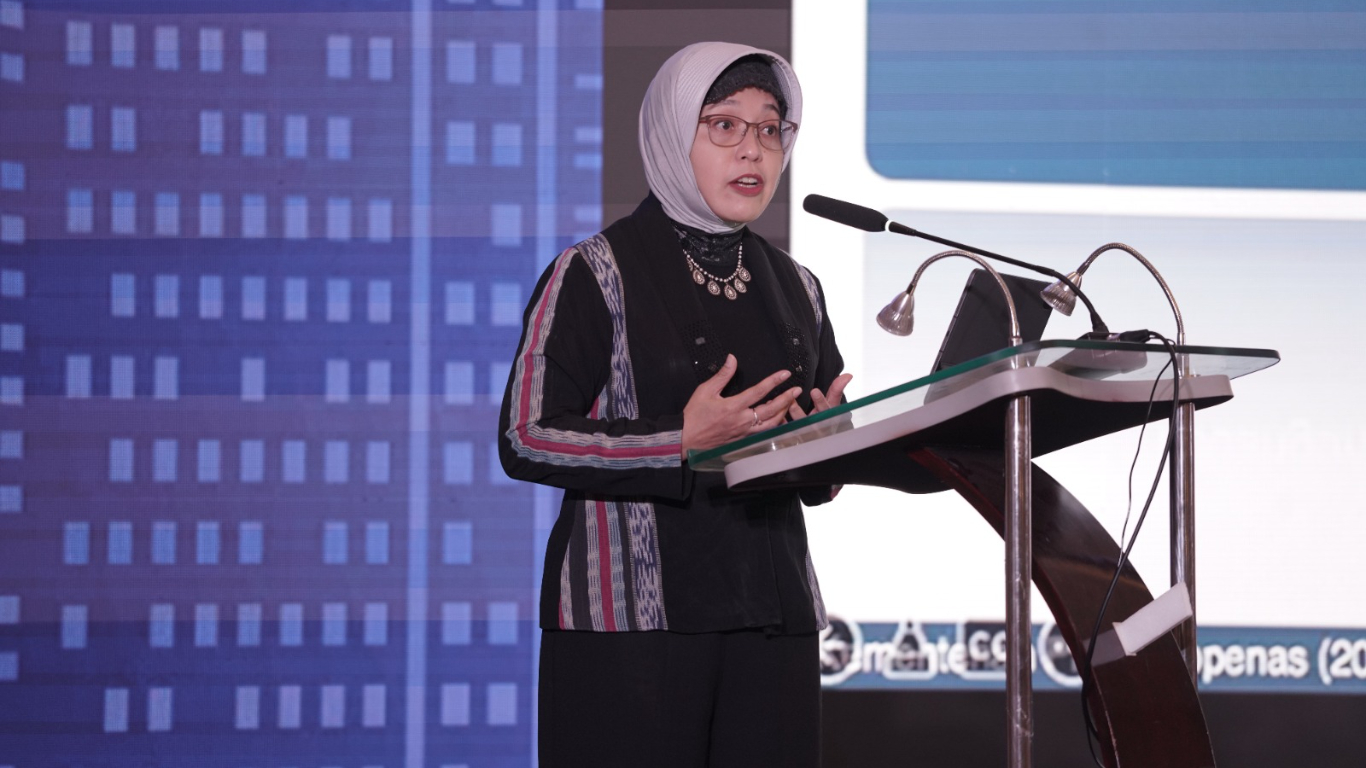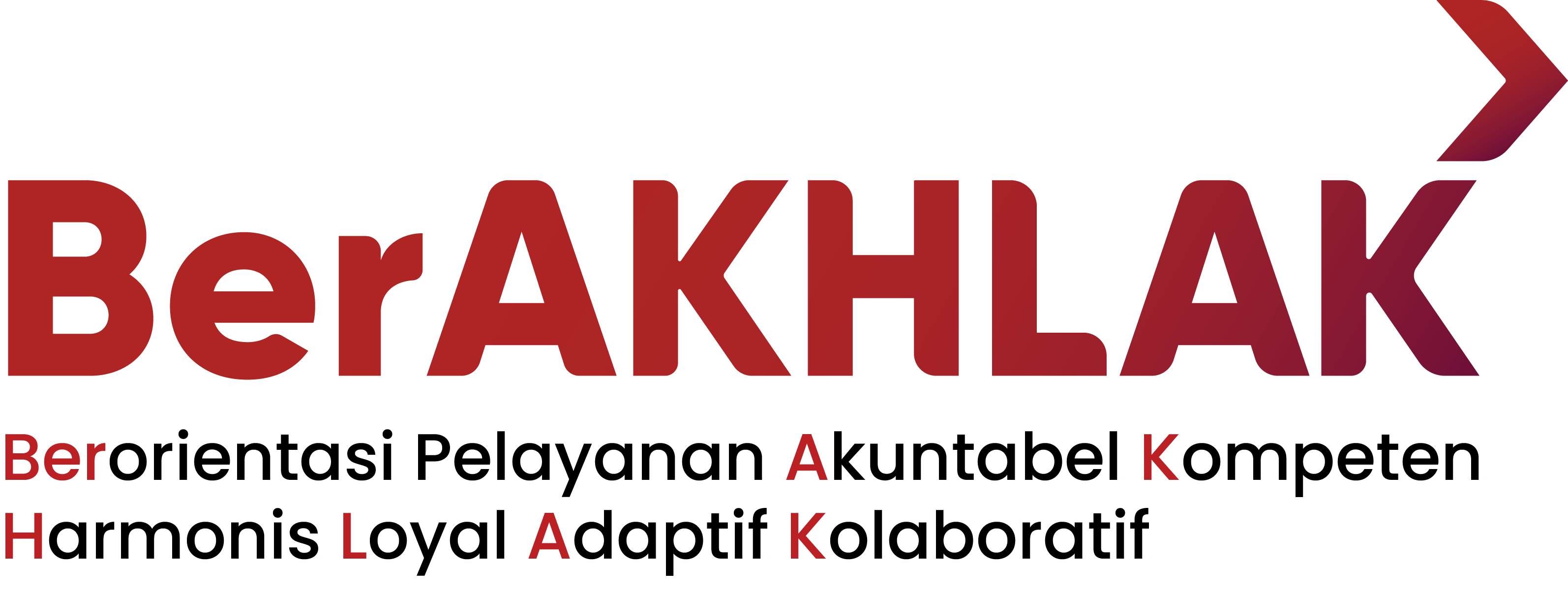Bappenas Invites Business Actors and Academics to Strengthen RPJPN Draft
Development News - Wed, 31 May 2023

The Ministry of National Development Planning/Bappenas continues to strengthen the initial draft of the 2025-2045 National Long-Term Development Plan (RPJPN) with a participatory approach, ensuring the complementing of the political, technocratic, and top down and bottom-up factors.
Bappenas’s Main Secretary Taufik Hanafi explained the importance of input from business actors so that the initial draft of the 2025-2045 RPJPN is made in accordance with the needs of the business world.
“We understand very well, in carrying out development, the role of the business world and the private sector is very large. In terms of our GDP component, the contribution of the business world and the wider community is far greater than the role of the government,” explained Taufik in a Focus Group Discussion (FGD) on the RPJPN Initial Draft in Jakarta on Tuesday (30/5).
Business or private actors are expected to be able to accelerate the productivity of the economic sectors to realize the Indonesia 2045 Vision, including increasing the productivity of the workforce from the manufacturing sector, which contributes greatly to Indonesia’s economic growth. “The manufacturing sector is a level for creating quality jobs and creating higher added value which will ultimately increase economic growth,” explained Bappenas’ Deputy of Economic Affairs Amalia Adininggar Widyasanti.
The process of preparing development plans must consider global opportunities with the basic capital that Indonesia already has, namely a large population and natural wealth that is not owned by other countries. Moreover, Indonesia will experience a demographic bonus until 2039 which must be used as an opportunity to increase productivity from the labor side to development innovation, considering that Indonesia’s population is expected to reach 239 million people by 2045.
In the education sector, academics play a role in producing experts in STEAM fields (Science, Technology, Engineering, Art, and Mathematics) as well as forming a research and innovation ecosystem that is expected to be able to contribute to creating added value and national competitiveness.
“Higher education needs to be able to produce quality talents in the STEAM field, because this is closely related to our efforts to carry out economic transformation which will later focus on industrialization,” concluded Amalia.


